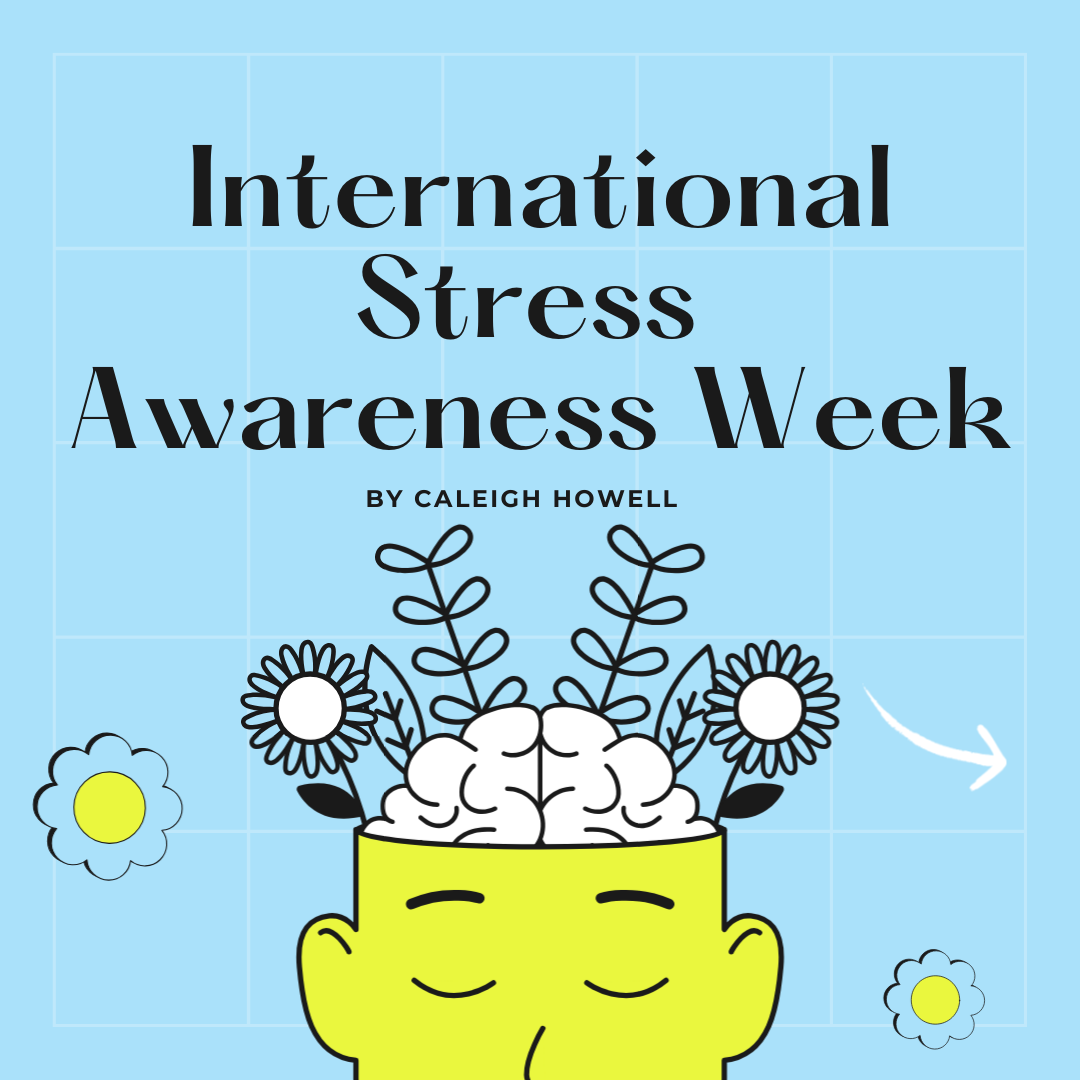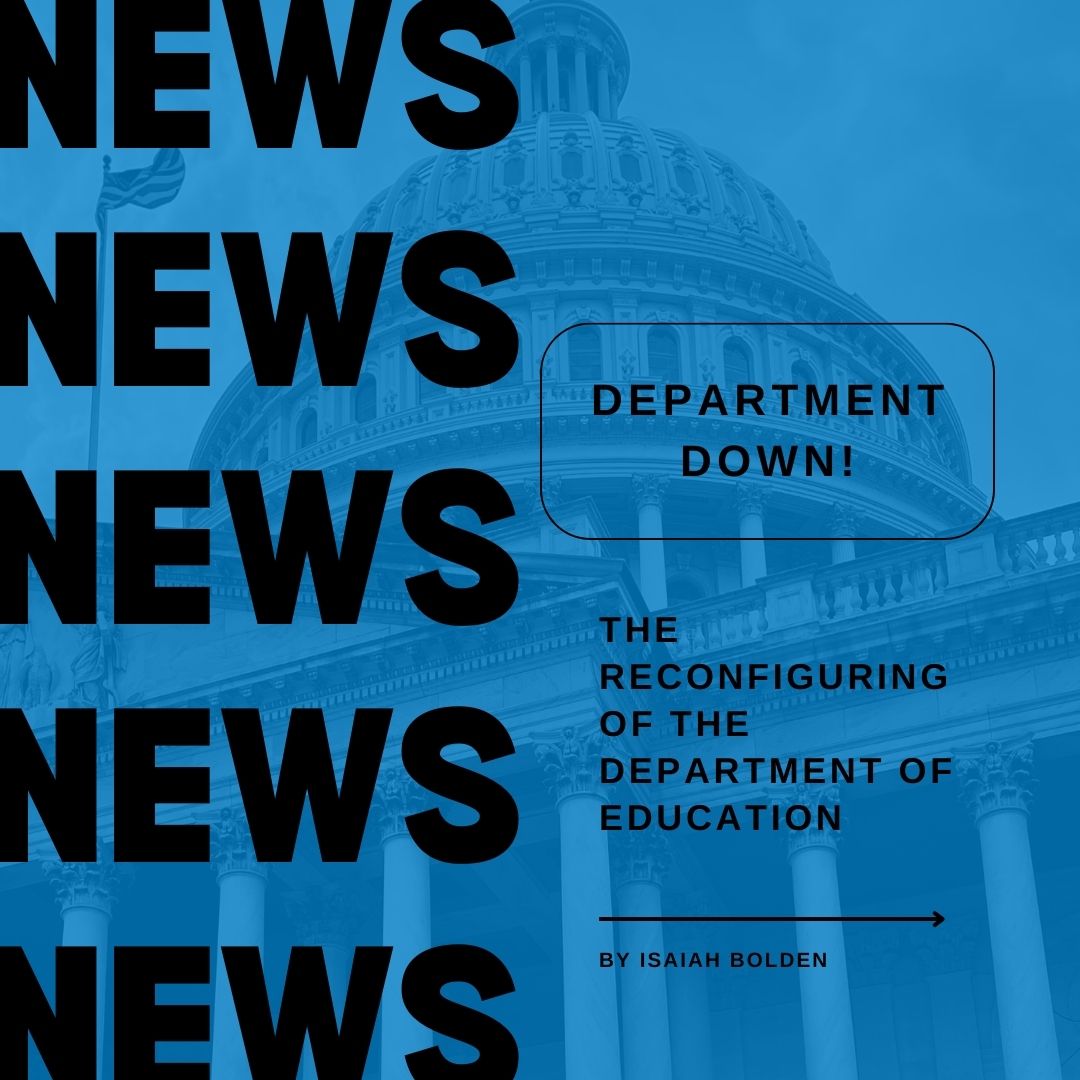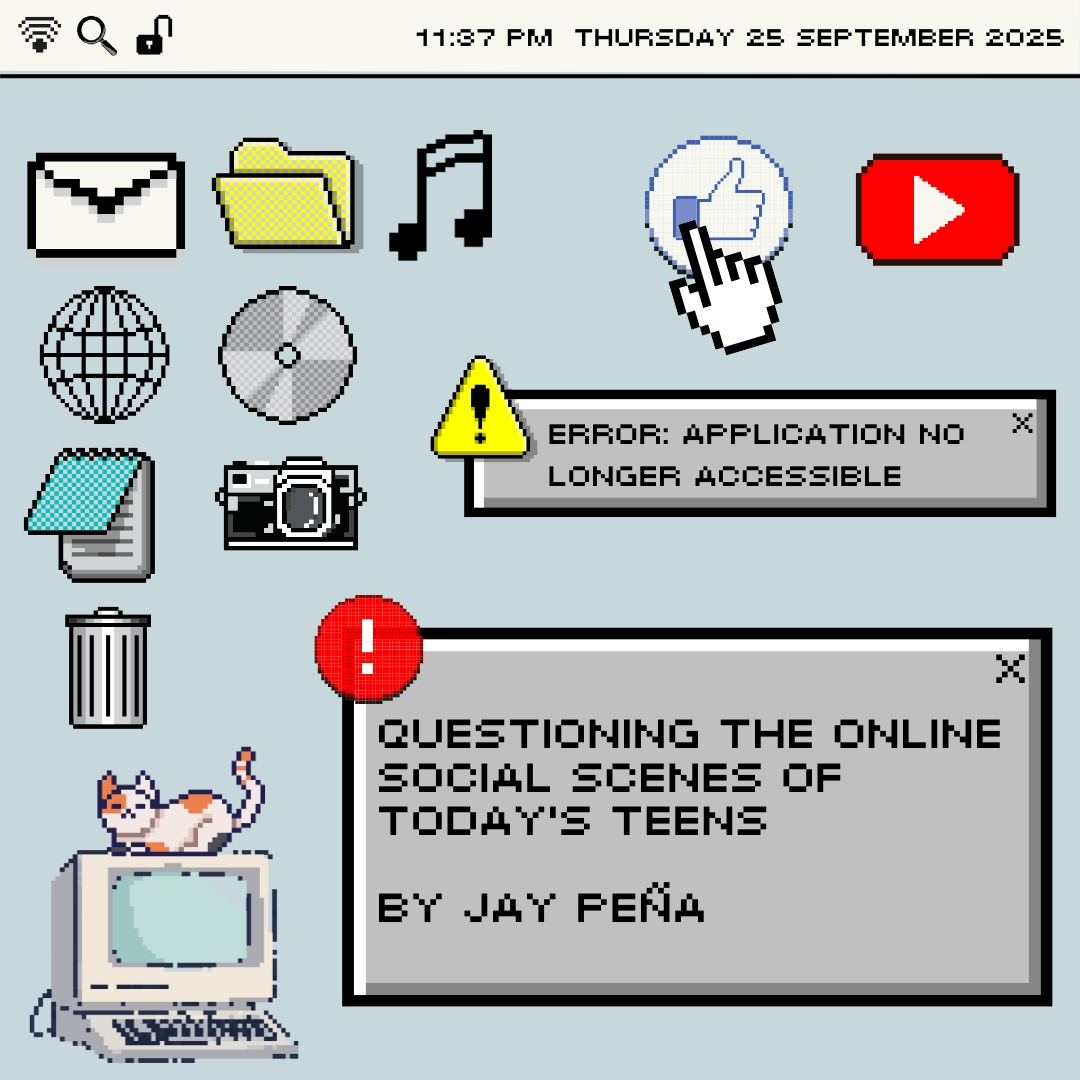October 30th through November 3rd marked International Stress Awareness Week, a week highlighting the importance of mental health support, self-care, and education on the negative effects of stress. Stress awareness is important for everyone, but especially for high school students.
According to the Centers for Disease Control and Prevention (CDC), two in every five students in America feel sad or hopeless consistently, and one in three students experience poor mental health.
Uncovering the “main contributor” to teen stress, however, isn’t exactly an achievable task. There are a plethora of factors contributing to teen stress.
“I think my main source of stress is overthinking,” said senior Aliyah Pitts. “I tend to overthink things that I have no control over.”
Guidance counselor Mrs. Alisha Zimba believes social factors also contribute to teen stress levels.
“Often, [teens] are hesitant to initiate conversations with their peers. They wait for someone else to talk to them first. For teens, that can be extremely upsetting and present additional challenges,” said Zimba. “Of course, social media plays a big part in how they compare themselves to others.”
Zimba believes busy schedules and workload contribute to the staff’s lack of time to expend more energy on helping students handle stress.
“If I could change one thing in the school system, it would be to take tasks off the plates of faculty and staff so we can be more available to directly support our students,” said Zimba.
Furthermore, in a poll of 70 Salem students across grade levels, 59.2% of respondents believe their high stress levels impact their productivity levels negatively.


Obstacles only worsen when stress starts to disturb both productivity levels and mental health; these two variables combined often lead to spirals of stress. Whether it be after a tough conversation or a long week, self-care is crucial to prevent a stress spiral.
Self-care can be defined as any action taken to positively impact one’s mental health.
“Kids need to be kids: they need downtime, they need healthy outlets, and most importantly, they need us to care about them,” said Zimba, who believes reaching out is the number one form of self-care. “Often, just talking it through and processing their feelings is cathartic and helps bring clarity to the situation.”
Pitts uses a strategy taught by Mrs. Amy Schuiteboer to help handle her stress.
“I feel overwhelmed with stress daily, but some days are more stressful than others. One thing I do to help me manage my stress is ground myself while box breathing,” said Pitts.
Box breathing is a method used to calm the nervous system down and slow breathing, therefore decreasing stress levels. You start by sitting or laying down, breathing in for four counts, holding for four, exhaling for four, and holding for four before restarting.
Another popular form of self-care for students is listening to music..
“Another thing I do is listen to some of my favorite [artists], such as Mac Demarco, Taylor Swift, Lana Del Rey, and many more,” said Pitts.
However, self-care isn’t just about relieving stress but preventing it as well. Basic human needs need to be prioritized in order to reduce stress levels over long periods of time.
“We often have to remind [our students] of basic human needs like healthy diets, sleep schedules, and exercise and how they impact teens overall,” said Zimba.
Heavy workloads may make basic needs seem more like secondary wants, but Zimba asserts that this feeling is counterproductive.
“When they stay up super late and get up early for school, they are too tired to deal with everyday stressors in school,” said Zimba.
International Stress Awareness Week may only come once a year, but the importance of acknowledging, accepting, and addressing everyday stressors in one’s life is important year-long.
“Find your people. Build a support system. Have the courage to put yourself out there and meet new people. Talk to family or other trusted adults. Don’t keep your feelings bottled up!” said Zimba.







